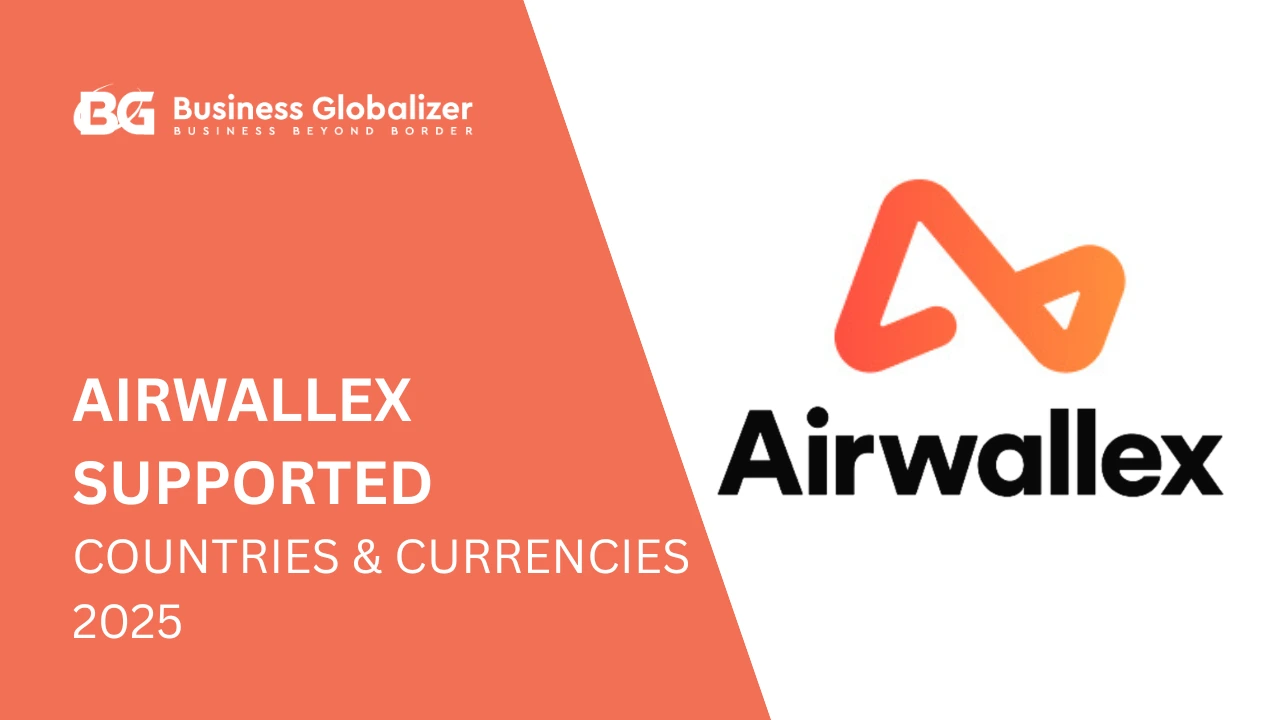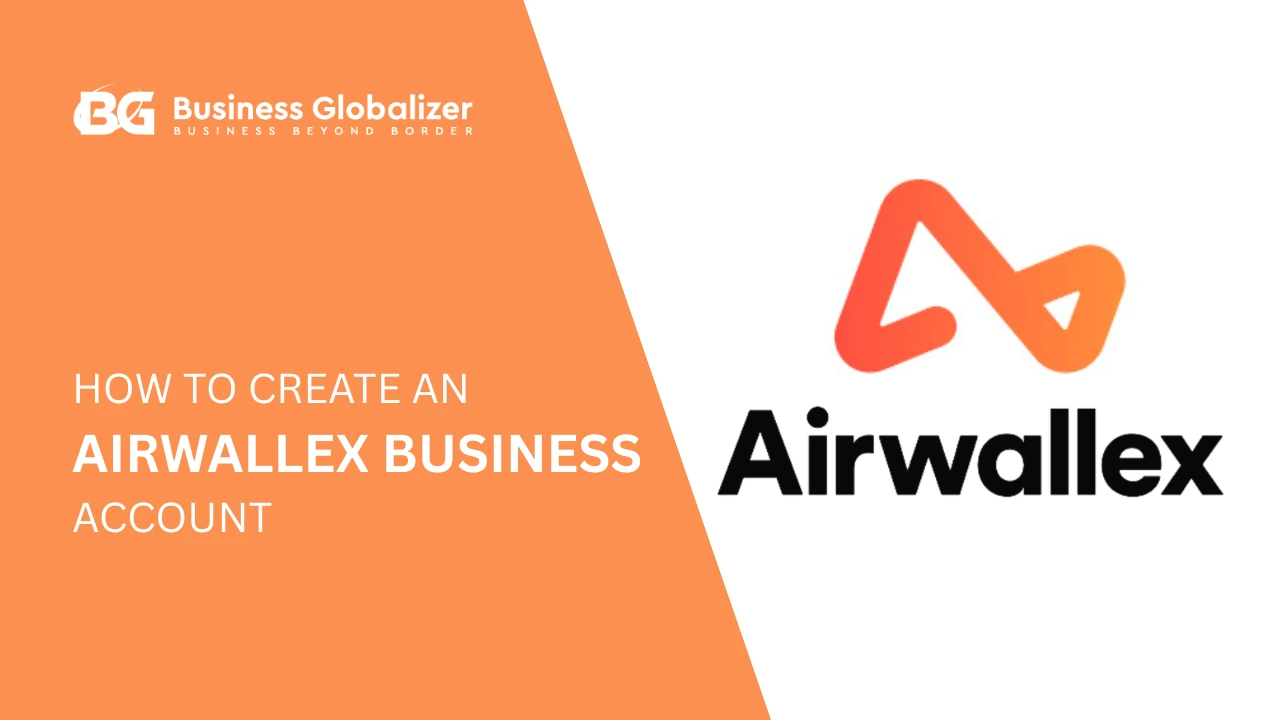A business bank account is a must for an efficient fund transfer. Some people tend to mix things up by using their personal bank account in place of a professional one. Since business means no joke, it’s always sensible to be on the formal side while dealing with your clients. As an EU citizen, you may need a business bank account to run your firm legitimately, be it a sole proprietor or an LLC. Most of the EU countries have strict regulations to prevent unfair activities such as money laundering and fraud. A business bank account is often essential.
Let’s find out what the basic requirements are that are generally asked of a business owner to open an account within the European Union.
Things You Need to Set Up a Business Bank Account in the EU
First of all, you should know that several countries make up the EU. These countries have different banking policies of their own. They modify and adjust the rules and regulations from time to time. Sometimes these principles change within the same country according to specific states. Hence, before you plan to open an account, it will be smart to visit the nearest branch of the bank and prepare your documents so that you don’t need to return empty. But let us tell you the most common requirements that seem to be found within the majority of banks in the EU.
Well… initially, you need to come up with your physical business address. Unlike many other countries around the world, the EU doesn’t let you open a business bank account unless it has an identity. So, to get a dedicated business bank account you must provide documents to support its existence.
Secondly, your business must be registered within the EU community. Make sure it is listed within the 27 EU countries. These registration papers may (and most probably will) vary from country to country.
If you see the term “Trade License,” don’t get startled. They are the same. A trade license is simply the paper that permits you to trade. Besides the papers, you need to provide documents containing the articles of incorporation. You may ask why this is important to the banking authority.
Let me explain it to you in brief. The articles of incorporation generally contain information about your business name, its nature as well as its functionality, its residing address, and most importantly, they outline the personnel who can interfere with the firm’s financial interests. This is why the bank might ask for it in some cases.
The last major document that you should arrange beforehand is the tax identification number.
Banks need confidence that you are good at providing taxes and at the same time, the government doesn’t have any objections to your name. Besides these papers, they will ask for a few copies of your photo to update your profile in the bank database. To prove your identification, you might be required to provide a copy of your government-issued driving license or any kind of utility bill that comes from a government agency.
These are the documental requirements to open a business bank account in the EU. Also, you should keep in mind that most of the banks in the EU ask for initial deposits to activate the account. Though this opening deposit is so low in most cases, don’t be surprised if you are told to make one.
What Are the Most Common Things EU Banks Have to Offer?
Like all other premium banks in the world, the EU also has banks that provide standard accessibility for their customers. For example, most banks have a widespread ATM network to withdraw money at any time. Besides, other services like online banking, electronic fund transfer, and debit, or credit card facilities are also available at most EU banks. In addition to that, other basic banking amenities, such as collecting funds and making payments, can be made using the account.
On top of that, you can minimize the exchange rate’s instability once you make a trade with a business bank account. However, providing business loans happens to be one of the signified sides of an EU bank. Since companies need loans most often, having a business bank account should help.
If you have any queries regarding the service fees of an EU bank, then I should say it depends on the particular bank that you are talking about. But to assume the standard fee of services, you can consider a quarterly fee for instance.
Why Is an Adequate Business Plan So Important for a Business Bank Account?
A business without a plan is like a boat without a radar. Plans help you achieve goals quite easily and they’re regarded as one of the most vital aspects of any business. Banks in the EU often ask for a business plan to comprehend your strategy.
To be precise, a reasonable business plan will assist you in getting loans or any kind of financial support from the bank to flourish the business. You may need to write down your plans in a well-organized way. Always make sure you sum things up in English at first. Be aware of the native language of the bank, as EU banks do function in the native language in most cases. You can hire a translator to convert your plans into a native phrase. A successful plan should include the principal aspects of business, such as the initial set-up cost, detailed financial strategy, marketing and selling scheme, the institution’s governing body, and a summary of the company itself.
You should know that the European Investment Fund or EIF, has been providing financial support to growing businesses all around the EU. It functions with different bodies to assist businesses directly. EIF provides guarantees to banks for small businesses to get funds. It’s not like you can get credit checks from a bank merely depending on your business plans. Some other factors, such as your family background, financial reputation, income, and current debts, will play dominant roles in getting loans from the bank.
What Is SEPA and How Can It Give Advantage to Your Businesses?
SEPA is the acronym for the Single European Payment Area. It ensures a cashless payment system throughout European countries using debit or credit cards. If you own an EU bank account, you can enjoy this service to make cross-border payments using a single account. The goal of SEPA is to minimize the overall cost to European countries in terms of exchanging services. You can also receive payments and salaries from different countries within the eurozone. However, creating and promoting open business as well as increasing efficiency happen to be its characteristics.
Do I Need an Agent to Open a Business Bank Account in Europe?
If you reside outside your desired banking state, or, in other words, if you are a non-resident and want to get a business bank account to run your business, it may get a little difficult for you to obtain one. Since you can’t go there in person and learn the details of the openings, it’s a good idea to hire an agent. There are a lot of agents that’ll come to your doorstep to assist you in establishing a bank account anywhere in Europe ensuring the easiest way. But remember that, if you don’t have any conclusive reason to open an account overseas, your native banks are always the best option to go for.
Some Alternatives to Brick-and-Mortar Banking in Europe
In case it’s hard for you to reach out to an in-person bank for a business account, you can try virtual platforms that provide similar services. Here are a few online-based financial organizations that offer business banking facilities to assist you with a simplified banking experience in Europe.
Wise Business Bank Account
Previously known as TransferWise, it is one of the most popular banking organizations providing business bank accounts in Europe. You can open your account from anywhere in the world with Wise. It requires a very easygoing procedure to apply and doesn’t ask for a physical business address. However, Wise is an authorized financial service provider and it has a good record of providing top-class safety for any kind of business. You can open an account within a few minutes and enjoy offers like 19 times cheaper invoicing, and batch payment, and escape from hefty transaction charges.
N26 Business Standard
N26 has over 7 million customers around the world using its business banking solution. It doesn’t require any in-person paperwork. Perhaps, you can sign up for your account within 8 minutes of visiting their website. This account comes with a free debit Mastercard to spend money in-store or online. All you need to do is get a photo ID to sign up, and once you get the approval, you are all set to hustle up. There is no minimum deposit amount needed to open the account. N26 has a wide range of ATM networks with no withdrawal fees at all. Besides, other basic banking facilities are found there.
Revolut
Revolut is actually a good alternative to the traditional brick-and-mortar banks that offer cards through which you can do any kind of transaction within Europe and beyond. This friendly banking service is specially designed for people who don’t believe in cross-border trading barriers. You can travel and spend money anywhere using this bank account. It offers prepaid Visa and Mastercard for a better transaction experience. On top of that, you can receive and transfer funds globally without any extra charges.
The Bottom Line
Since the Brexit issue, trade in Europe has seen different dimensions and challenges. Previously, it was believed that any UK-based banking institution could be the best option for operating financial activities. But now, it would be wise to not use a UK-based banking solution to do business in the EU. However, as long as your country and bank are under SEPA, you can easily perform trades within and outside your native region without any difficulties.






